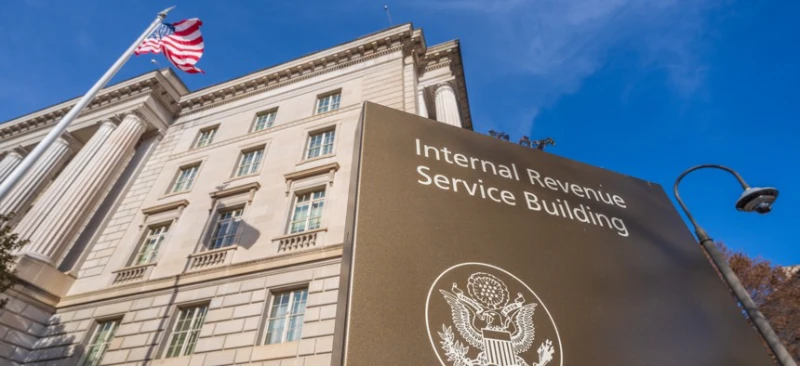NATO's Future in Jeopardy
As Defense Secretary Pete Hegseth rules out NATO membership for Ukraine, experts warn of potential risks to European security and the integrity of collective defense principles.
Defense Secretary Pete Hegseth's recent statements regarding NATO and Ukraine have ignited a firestorm of controversy. Speaking at the 26th iteration of the Ukraine Defense Contact Group in Brussels, Hegseth declared that NATO membership for Ukraine is not a "realistic" outcome of any peace settlement with Russia. This assertion has raised significant concerns about future security guarantees for Ukraine and the broader implications for European security.
Since Russia's invasion of Ukraine in February 2022, NATO has been deeply involved in supporting Ukrainian defense efforts. The formation of the Ukraine Defense Contact Group (UDCG), a coalition of around 50 nations, was a direct response to this aggression. The group's mission is to address Ukraine's security needs through regular consultations and coordinated support.
Hegseth's remarks have sparked debate over NATO's role in ensuring regional stability. By ruling out Ukrainian membership, he has left many questioning what alternative security arrangements might look like. "The bloodshed must stop, and this war must end," Hegseth stated, emphasizing that any security guarantees should be backed by capable European troops rather than relying solely on U.S. military power.
In his speech, Hegseth called on European allies to increase their defense spending significantly - up to 5% of their GDP - and take a more active role in regional security matters. This call represents a potential shift in power dynamics within NATO as it suggests greater European responsibility for continental defense.
One particularly contentious proposal from Hegseth involves deploying peacekeeping troops to Ukraine as part of non-NATO missions. He insisted these forces should not be covered under Article 5 - the collective defense clause - raising questions about accountability and oversight mechanisms.
Experts have voiced concerns about the risks associated with deploying non-NATO peacekeeping forces in such volatile regions. There are fears that without proper oversight, these missions could lead to unanticipated outcomes or even exacerbate tensions further.
Political leaders across Europe have expressed alarm over Hegseth’s comments, fearing they could undermine long-standing principles of collective defense enshrined within NATO treaties.
"For 75 years, the NATO alliance has been a pillar of global security," noted Congressman Gerry Connolly
Public sentiment towards increased military spending among European nations is mixed at best. Many citizens worry that prioritizing military solutions over diplomatic ones may lead to prolonged conflicts rather than peaceful resolutions.
Defense analysts have raised concerns that increasing military aid to Ukraine without clear objectives could lead to a prolonged conflict rather than resolution. "The risk here is that we end up in an endless cycle of escalation," said Dr. Emily Carter, a senior fellow at the Center for Strategic Studies. "Without a clear endgame, this could become another frozen conflict with no resolution in sight." This sentiment echoes fears among some European leaders who worry about the long-term implications of Hegseth's proposals.
Insights into how this shift may affect U.S.-European relations moving forward are varied. Some experts suggest that Hegseth’s comments might strain the transatlantic alliance by placing more responsibility on European nations while potentially reducing U.S. involvement in NATO operations. "This could be seen as the U.S. stepping back from its traditional leadership role," noted Professor John Mitchell from the University of London.
On the other hand, supporters of Hegseth’s stance argue that empowering Europe is necessary given global threats like China and Russia. They believe that encouraging European countries to take more responsibility for their own defense will ultimately strengthen NATO as a whole. "Europe must step up and share the burden," argued former NATO commander General James Anderson.
Examining historical precedents where similar shifts have occurred within alliances or coalitions reveals lessons learned from past conflicts or crises. For instance, during the Cold War, there were periods when European nations took on greater roles in regional security matters due to shifting U.S. priorities elsewhere.
"NATO must be ready to activate collective self-defense..." - Eitvydas Bajarūnas
Broader implications for public trust in government decisions related to national security are significant as citizens react to perceived changes in commitment levels towards allies like Ukraine. Many fear that such shifts might undermine confidence in longstanding alliances and lead to increased geopolitical instability.
Consideration of how this situation might influence future policy-making within NATO regarding hybrid threats and collective defense strategies against non-traditional warfare tactics is crucial. As hybrid threats continue to evolve, so too must NATO's strategies for addressing them effectively.
